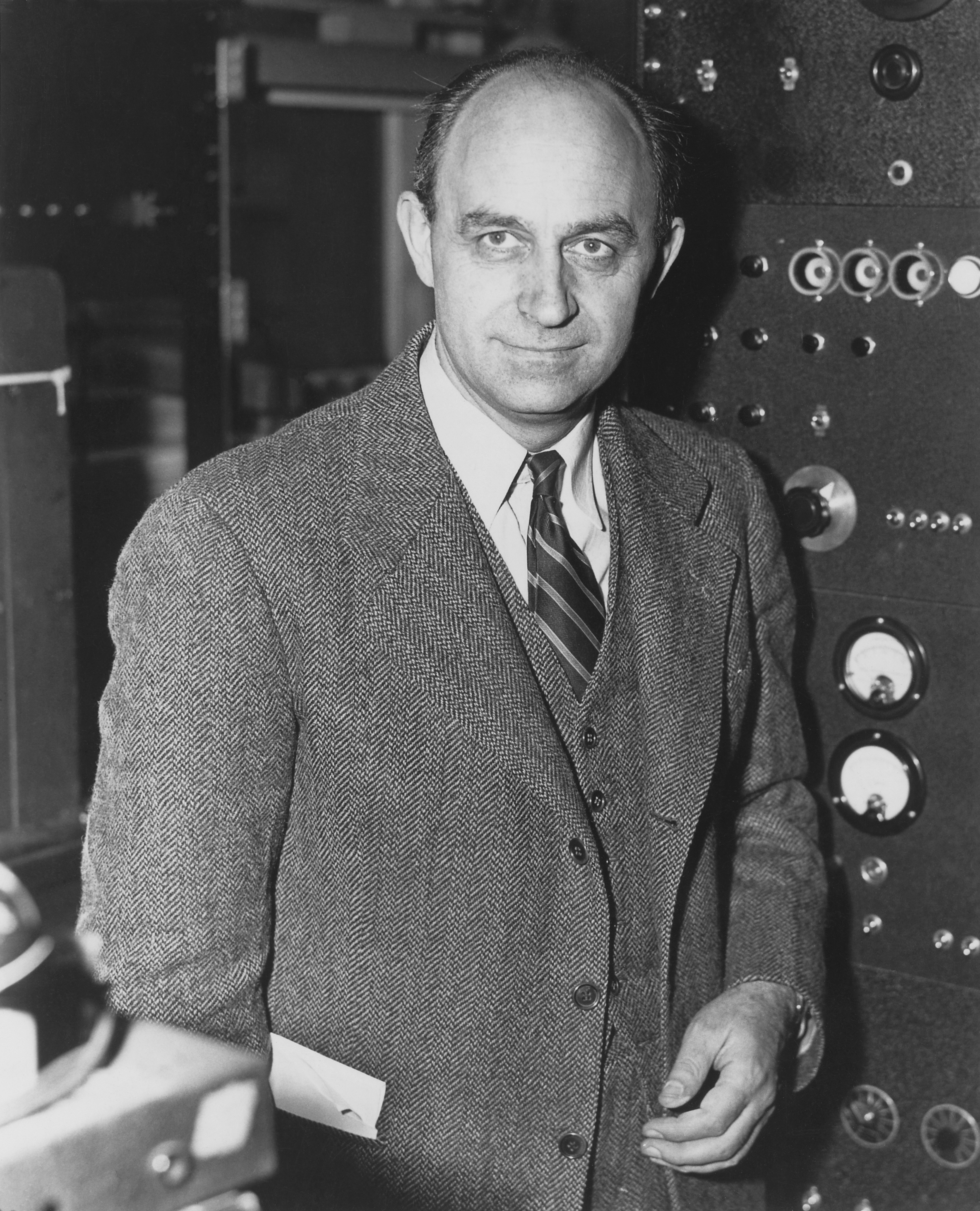Enrico Fermi, the noted physicist and architect of the atomic age, was also renowned for his uncanny ability to formulate fairly accurate estimates to seemingly impossible questions, often in his head. These exercises are now known as "Fermi Questions," or "Fermi Problems," and they're used in a variety of contexts, from classrooms to job interviews. In the classroom, they build problem-solving and estimation skills. With Fermi Questions, the methodology of the solution is far more important than the actual answer. In many cases, the exact answer is unknowable, but it is possible to calculate a reasonable estimation. The goal of a Fermi Question is to estimate an answer that's within one order of magnitude of the actual answer.
Today, my math group worked on a classic Fermi Question: How many piano tuners are there in New York City? The only piece of information that the students were given is that there are about 10,000,000 people living in New York City. (The actual population is closer to 8,000,000, but Fermi Questions involve a lot of rounding.)
Students worked in small groups, generating a lot of discussion and debate. Of course, the first instinct of many students was to ask for a computer to search for more information. I encouraged them to use their brains and each other instead.
Here are some helpful guidelines for approaching Fermi questions:
Focus on smaller problemsAs a challenge, consider this problem yourself! How would you approach it?
Estimate when necessary
Remember to round
Make realistic assumptions and state them
Include units
After much discussion, the questions began to flow, each requiring a reasonable estimate:
"If there are 10,000,000 people, how many of them have pianos?"
"How often is a piano tuned? Some may be tuned monthly, others never..."
"How many pianos can a person tune in a day? Does the tuner take a lunch break?"
"How many days a year does a piano tuner work?"
Discussion ideas for home:
Work through this problem together! Ask your student how they approached the problem. What smaller problems and calculations were required?
Stumped? Click here for one possible solution, complete with the thought process. One of our groups today came to roughly the same conclusion!
Here's a huge list of Fermi Questions (along with a bit of educational rationale at the end). Try a few out!


No comments:
Post a Comment